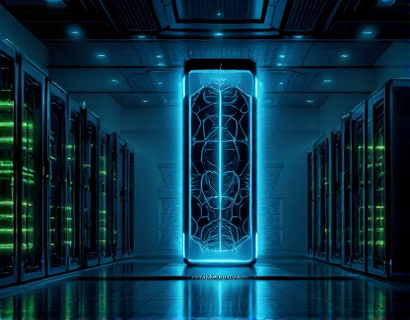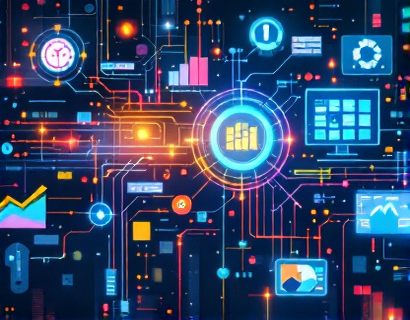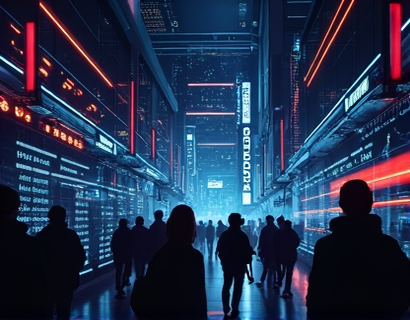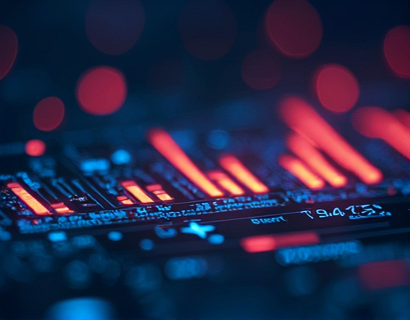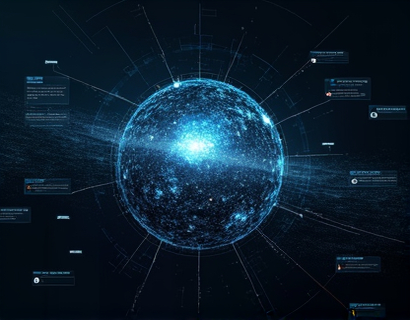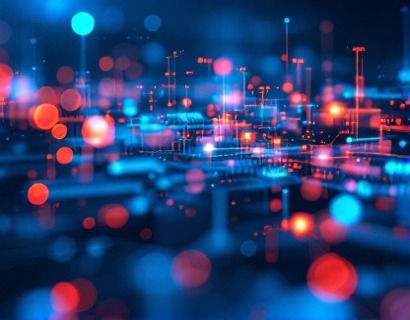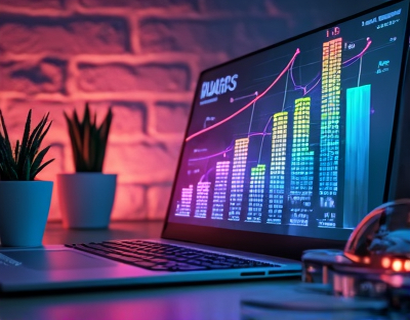Unlock Fencing Mastery: Expert Insights, Training, and Community Support
In the world of fencing, a sport steeped in history and requiring both physical prowess and strategic thinking, mastering the art can seem like an elusive goal. However, with the advent of AI-driven platforms, fencers at all levels can now unlock their full potential. This article delves into how an AI-powered platform can provide expert advice, personalized training, and a supportive community to elevate your fencing journey.
Expert Insights at Your Fingertips
One of the most significant advantages of an AI-driven fencing platform is the access to expert insights. These platforms leverage vast databases of fencing knowledge, compiled from years of competitive experience, coaching, and research. AI algorithms can analyze this data to provide fencers with tailored advice on technique, strategy, and performance enhancement.
For instance, an AI can review a fencer's video recordings and offer detailed feedback on their footwork, blade control, and timing. This level of analysis is typically only available to athletes with access to top-tier coaching, making it an invaluable resource for those looking to improve their skills.
Personalized Training Programs
Every fencer is unique, with different strengths, weaknesses, and learning styles. An AI-driven platform can create personalized training programs that cater to an individual's specific needs. By inputting data such as current skill level, areas for improvement, and training goals, the AI can design a customized plan that optimizes progress.
The training programs can include a mix of drills, sparring scenarios, and theoretical knowledge to ensure a well-rounded development. The AI can also adjust the difficulty and focus of the training sessions based on the fencer's progress, ensuring continuous challenge and growth.
Community Support and Engagement
Fencing is not just an individual sport; it thrives on a strong community of enthusiasts and competitors. An AI-driven platform can foster this community by connecting fencers from around the world. Users can join forums, participate in discussions, and share experiences, creating a supportive environment that motivates and inspires.
The platform can also organize virtual events, such as online tournaments and masterclasses, bringing together fencers of all levels. These events provide opportunities to test skills, learn from others, and gain exposure, all from the comfort of one's home.
Staying Updated on the Latest Trends
The world of fencing is constantly evolving, with new techniques, equipment, and rules being introduced. Staying informed about these changes is crucial for any serious fencer. An AI-driven platform can serve as a hub for the latest news, updates, and trends in the sport.
From articles on innovative training methods to announcements about upcoming competitions and rule changes, the platform keeps users well-informed. This ensures that fencers are always prepared and can adapt to the changing landscape of the sport.
Enhancing Knowledge Through Interactive Learning
Learning to fence involves a deep understanding of its technical and tactical aspects. An AI-driven platform can enhance this learning process through interactive tools and resources. For example, virtual reality (VR) simulations can provide immersive training experiences, allowing fencers to practice complex scenarios in a controlled environment.
Additionally, the platform can offer quizzes, puzzles, and games that reinforce theoretical knowledge in an engaging way. These interactive elements make learning more enjoyable and effective, helping fencers to retain information and apply it in real situations.
Connecting with Fellow Enthusiasts
The fencing community is diverse, encompassing beginners, seasoned competitors, coaches, and historians. An AI-driven platform can bridge the gap between these groups, facilitating meaningful connections and collaborations. Users can find mentors, join study groups, or even form training partnerships with others who share similar interests and goals.
This sense of belonging and mutual support can significantly enhance the fencing experience, making the journey more enjoyable and rewarding.
Overcoming Barriers to Entry
One of the challenges in fencing is the initial barrier to entry, which can include high costs, limited access to facilities, and a steep learning curve. An AI-driven platform can help mitigate these issues by providing free or low-cost resources, virtual training sessions, and a global community that shares knowledge and equipment.
By democratizing access to high-quality fencing education and training, the platform makes it possible for more people to pursue their passion for the sport, regardless of their background or location.
Advanced Analytics for Performance Optimization
Performance optimization is key to success in fencing. An AI-driven platform can utilize advanced analytics to track and analyze a fencer's performance data. This includes metrics such as reaction time, movement efficiency, and decision-making speed.
By identifying areas for improvement and providing actionable insights, the AI helps fencers refine their techniques and strategies. This data-driven approach ensures that training is focused and effective, leading to tangible improvements in performance.
Mental Training and Resilience Building
Fencing is as much a mental game as it is a physical one. The ability to stay calm under pressure, make quick decisions, and maintain focus is crucial. An AI-driven platform can offer resources and tools for mental training, including guided meditations, visualization exercises, and psychological tips.
These resources help fencers build resilience and mental toughness, which are essential for performing at their best in competitive situations.
Integration with Wearable Technology
The integration of wearable technology with an AI-driven fencing platform can take training to the next level. Devices such as smart wristbands and heart rate monitors can provide real-time data on a fencer's physical condition during training sessions.
This data can be used by the AI to adjust training intensity, prevent overtraining, and optimize recovery. By ensuring that fencers are in the best physical condition, the platform helps prevent injuries and promotes sustainable progress.
Conclusion
An AI-driven platform for fencing offers a comprehensive solution for athletes looking to master the sport. By providing expert insights, personalized training, community support, and advanced analytics, such a platform can significantly enhance the fencing experience. Whether you are a beginner eager to learn the basics or a seasoned competitor aiming to refine your skills, this type of platform can be an invaluable tool in your journey to fencing mastery.





